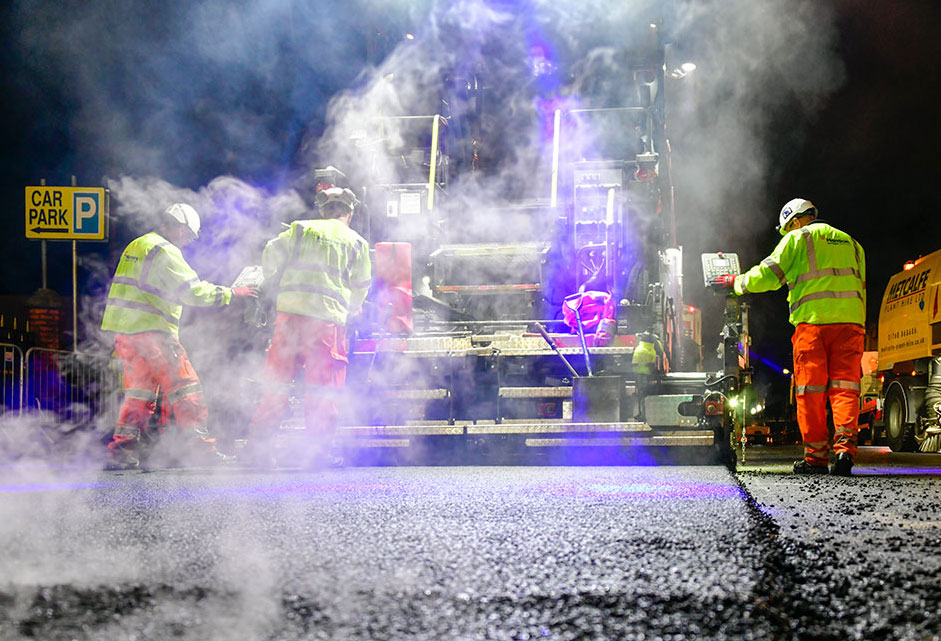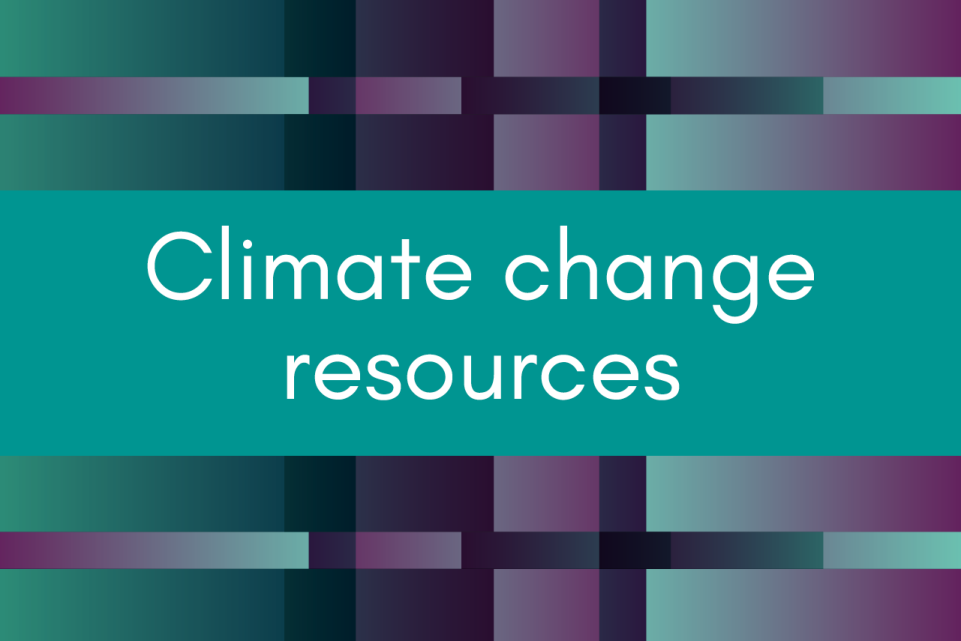Written by LGA Chairman James Jamieson, this article was published in The Times on 12 November 2021 and is re-published here with permission.
Over the past two weeks we have seen world leaders set out their commitment to tackle the climate emergency, with a headline-grabbing mix of ambitious targets and multi-billion global funding announcements. Countries have signed up to reduce emissions, to safeguard forests and to tackle methane. For councils, this will be an invaluable opportunity to share learning and experience with our counterparts around the world.
Beyond the promises and pledges from the international stage of COP26, it will be local governments in cities, towns and rural areas across the world that will be mobilising and driving the collective action required to address climate change.
Only local government holds the wide range of powers and tools to decarbonise transport, buildings, waste, energy, nature and growth.
This is why the Local Government Association has been leading calls for a dedicated local and regional government day, which took place as the 'Cities, regions and the built environment day', during the final important international negotiations. As it stands, the draft COP26 agreement text does not include reference to the essential role of local government around the world in responding to climate change: this needs to change.
Councils are a unique and powerful partner in achieving net zero, able to impact on more than a third of all emissions from villages, towns and cities, such as through housing, transport and the natural environment.
But the influence councils can have on reducing carbon emissions has been underused. At COP26 we are setting out the case for why councils are best-placed to deliver green infrastructure projects in local communities.
As our new polling has found, more people trust councils to tackle climate change in their local area than Government or world leaders.
We are calling on the Government to use the summit to deepen the climate change partnership between central and local government with a new approach focused on delivery that gives councils the long-term funding to decarbonise building stock, reduce greenhouse gas emissions from transport and deliver clean energy projects, and more. For example, with the right investment and support, councils stand ready to embark on an ambitious programme of retrofitting more than 1,000 homes a day with low-carbon efficiency measures by 2030, reducing energy bills by nearly £700 million a year. This would mean warmer and more comfortable homes and buildings saving the NHS £1.9 billion a year, and supporting almost 31,000 new, skilled jobs in the construction and retrofitting industries.
Long before Glasgow, councils up and down the country have declared a climate emergency and have been taking local action in a variety of exciting ways to achieve net zero.
In Leeds we have seen half of organisations taking part in an electric vehicle trial scheme tell the council they are now considering switching to zero emission vehicles. North Somerset has plans to rewild as much land as possible, creating new habitats enabling wildlife to thrive.
In York, the council is delivering a newbuild housing programme with all homes built to achieve zero carbon in use. The first homes will be complete next year.
It is the action taken in the places where people live and businesses do their business that will determine how successful we are in tackling the climate emergency.
Councillor James Jamieson is Chairman of the Local Government Association.
This article is also published on The Times website behind a paywall.



